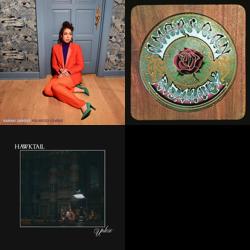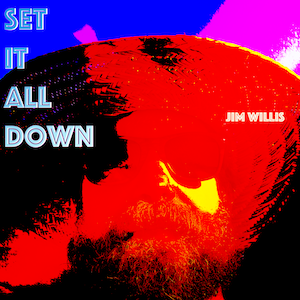date unknown but probably pre 2001
I’ve just finished reading The Archivist by Martha Cooley and I think I liked it. Whether or not I really understood everything that was going on is an entirely different question. The novel deals with some pretty heavy duty issues and does so in a creative, artful way by framing all these disturbing stories in a story that was interesting enough to make you want to keep on plowing through.
By disturbing issues I mean: the holocaust, mental illness, involuntary commitment in institutions and the idea of faith and trust as it applies to Catholicism and Judaism. All this, wrapped up in a story line that revolves around TS Eliot, his wife, his mistress and a modern day poet who is interested in all of the above.
If you don’t already know you’ll find out early enough in the book that Eliot had his wife committed and totally abandoned her (some would say, for his newly (re)discovered Christianity). There is a movie about this called Tom and Viv. I saw it but don’t really remember it too much though I am sure that it helped me understand some of the novel’s more obtuse references to their married life.
There are a lot of characters in this book running around and finding out they came from Jewish families who renounced their faith and became Christians in order to escape the Holocaust. Thus, the multiple plots are sort of tied together with the question: how can an individual turn their back on so much pain and suffering and manage to go on living without being crippled by guilt? (Eliot turns back on wife, Christians and Jews turn their backs on Jews during WWII, and a few other examples played out in the novel that I don’t want to give away.)
It’s difficult for me to understand some of the issues raised in the novel because I was not around during WWII and I don’t really know what the general attitude was of Americans during that period. Was the mass extermination of Jews something that everyone knew about but nobody spoke of? That is the general impression I get from the book. It’s tough for me to comment on that without feeling a bit of guilt myself.
For example, I think of all the people suffering around the world wondering whether or not anything can be done to alleviate any or all of that suffering. Then, on top of that, instead of being grateful that I am not among the suffering, I have the audacity to get fed up while standing in a slow checkout line at the grocery store. Confusion abounds as usual.
But then you think of cases like the Eliots’ where he has his wife locked up and abandons her in part because she offends his faith or some bullshit like that and for a moment you think it’s a black and white issue: Eliot is clearly a self centered turd for doing such a thing. But maybe it did hurt him as much as it hurt Vivienne. Who knows?
While I hate to end on a gloomy note here (though the book is hardly an uplifting, feel-good page turner), I’ll sort of try to tie in the vibe that I got from the book with something I’ve been thinking about lately. I write in a journal pretty much every day and I occasionally find myself commenting on both the weather and my mood. Pretty banal crap for a diary as far as the pursuit of truth goes, but anyway. I think that trying to come to terms with guilt and faith and trust and religion is definitely an important goal but sometimes it seems a lot like the weather or my mood: It changes everyday but it’s always the same.

